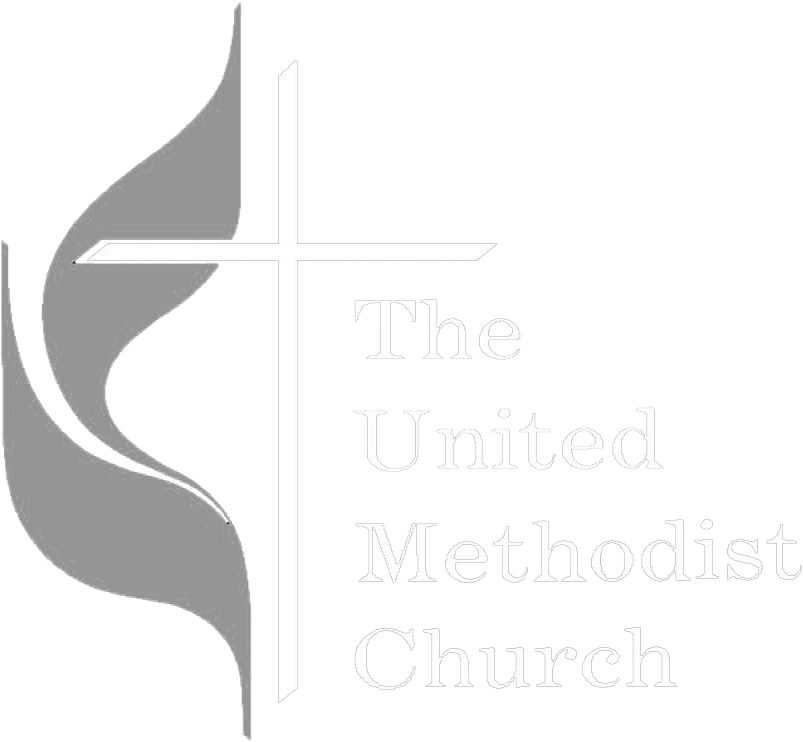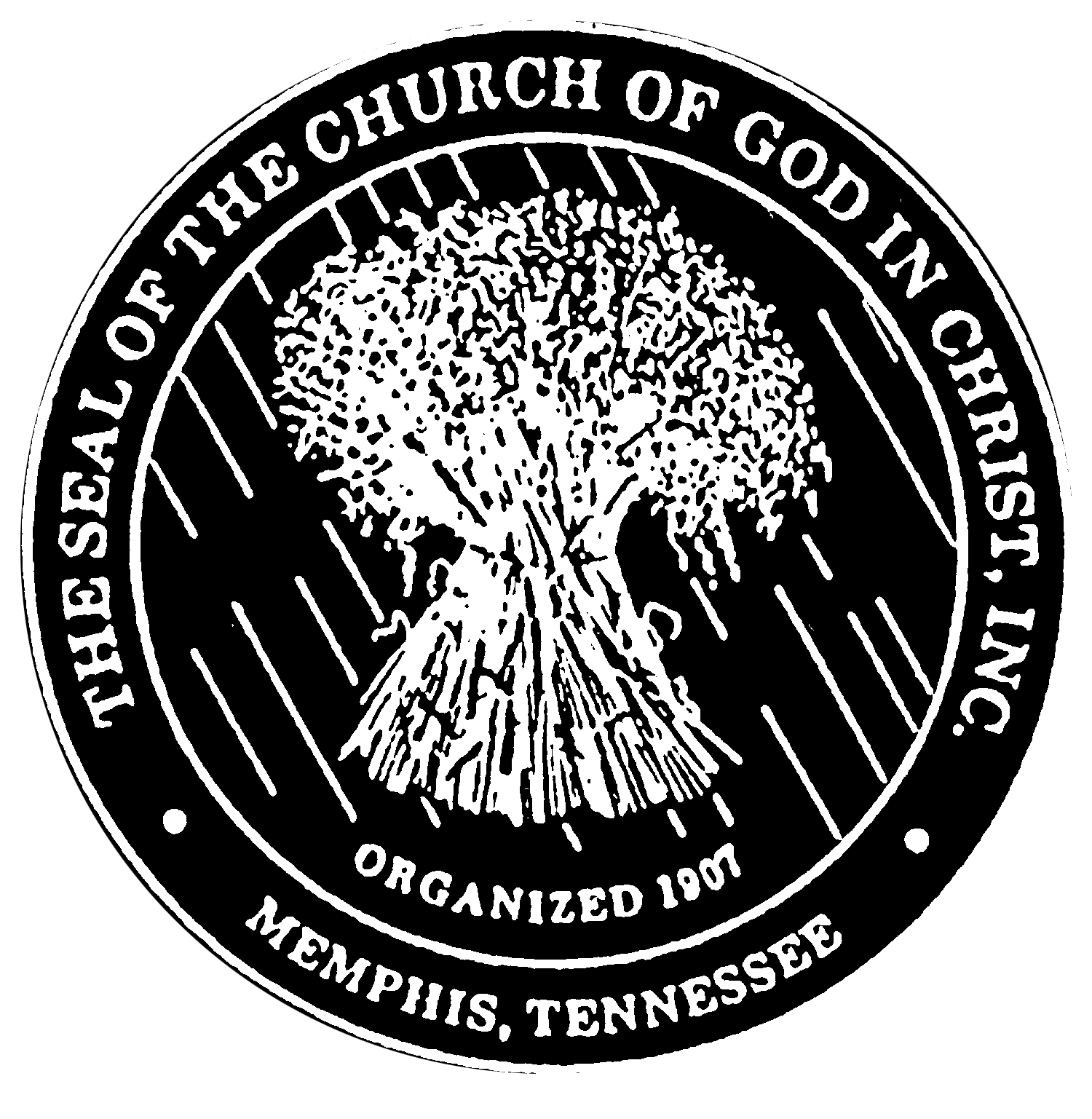The Open Door Of Salvation: Acts Series #27

 Have you ever been to a building where there’s a bunch of doors, and you didn’t know exactly how to get in? You wondered which door to use to get in? That’s what Acts 15 is all about, when you boil it down. Which door gets you in?
Have you ever been to a building where there’s a bunch of doors, and you didn’t know exactly how to get in? You wondered which door to use to get in? That’s what Acts 15 is all about, when you boil it down. Which door gets you in?
If someone were to ask you the question—how can I be saved? What would your answer be? If you had to, in a succinct, very brief statement, tell someone who was desperately interested, how they could come to know Christ as their Savior, and go to heaven when they die, what would you say to them?
Let’s just suppose that someone has had a terrible accident. They are not going to live, with just a few moments of life remaining. You come upon the accident, and they look up and say to you, “I’m unprepared to die. I’m not ready to die. How can I be saved?” What would your answer be?
I think all of you would agree with me that this is no small matter. No minor issue. The answer to that question is the difference between heaven and hell. Really the answer to that question is the difference between a life of happiness and abundance today. So we are dealing with a very important question.
The Apostle Paul, back in chapter 14, has been a missionary, going all over the Roman world preaching the gospel. He has been preaching the gospel to those who were not of the Jewish persuasion but were Gentiles. He was talking to them about how to be saved. In fact, back in Acts 14:27, you will notice that Barnabas told the church in Antioch all that God had done with them, and how he opened the door of faith unto the Gentiles. Every time God opens a door there’s somebody who will come along who wants to close the door or they want to confuse the door so people won’t be sure which door they can go in. When it comes to the matters of salvation we find ourselves in the same situation today. There are differences of opinion about how a person is saved. There are some people who say, “The door is faith in Jesus Christ.” (Eph. 2:8) for by grace are you saved through faith. There are others who say, “Oh, no, that’s not the door at all. It’s a good door as far as it goes, but you have to go through another door, the religion door in order to be saved.” We need to settle the question, Which door gets us in the Kingdom of God? We are going to follow through Acts 15 and will answer this eternal question.
I. We Need The Open Eyes Of Dissention
 In the opening three verses of this chapter, we are told about some men who came down to Antioch from Jerusalem who said to the people there, except ye are circumcised after the manner of Moses, you cannot be saved. The people in Antioch were rejoicing in their salvation. They were thrilled and excited about the fact that they had been saved and were going to heaven when they died. Yet, there is a group of religious people who have said to them, “So far, so good. What you’ve done is alright, but you haven’t gone far enough. You have stepped through the door of faith, but there are some other doors you have to go through. You have to go through the circumcism door because if you don’t you aren’t fully saved.”
In the opening three verses of this chapter, we are told about some men who came down to Antioch from Jerusalem who said to the people there, except ye are circumcised after the manner of Moses, you cannot be saved. The people in Antioch were rejoicing in their salvation. They were thrilled and excited about the fact that they had been saved and were going to heaven when they died. Yet, there is a group of religious people who have said to them, “So far, so good. What you’ve done is alright, but you haven’t gone far enough. You have stepped through the door of faith, but there are some other doors you have to go through. You have to go through the circumcism door because if you don’t you aren’t fully saved.”
In Acts 15:5, they also added another requirement. You have to keep the law of Moses. You had to keep the Ten Commandments in order to be saved. They wanted to make sure that while these folks were on the way to Mt. Calvary, they didn’t slip by and miss Mt. Sinai. They were saying that the door into the house of salvation is not just the door of faith in the Lord Jesus alone, but it is also the door of joining the church, keeping the ordinances of the church, and doing a variety of good deeds.
The same question comes up in different kinds of terminology today. Many people will say to you, “Well, are you saved?” You say, “oh, yes, I’m saved.” “Then, how did you get saved?” “Well, I realized I was a sinner. I heard that Jesus died on the cross for my sins. I repented of my sins and I invited Jesus by faith to come into my heart and be my personal Savior.” They look at you and say, “No, no. That’s alright as far as you’ve gone, but you haven’t fully got it. You don’t have the whole deal. You don’t have the whole package. Before you can be saved you have to come and be baptized. Or you have to observe one of our other religious ceremonies. Before you can really be saved, you have to become a part of our church. We are the only ones that can really get you into the house of salvation. You have to go through the door.”
Of course, this is a false doctrine. I believe that in verse eleven we have the clear way of salvation. We believe that through the grace of the Lord Jesus Christ, we shall be saved. This false doctrine that was being taught to these young, baby Christians in Antioch, became now a source of furious debate. Whatever else you can say about the Apostle Paul, he was not timid and when anybody dared to dilute or to change in any way the basic doctrine of how to be saved, the Apostle Paul was up in arms and ready to go to battle.
There are many areas where good Christians disagree. There are some things that good Christians may disagree on but there are some issues and there are some doctrines that are so absolutely vital and essential to what Christianity is all about that when those doctrines are denied or challenged, God’s people have to take a strong stand. That’s what Paul did. In verse two it says, “and there was no small dissension and disputation.” They kind of got stirred up about that situation. So they decided that they would send a delegation to the mother church in Jerusalem to discuss this whole matter about which door gets you in. They were going to discuss the whole matter of whether or not you are saved by going through a religion door or by going through the faith door.
Paul, Barnabas, and others selected from the church in Antioch, and made their way to the city of Jerusalem. As they are moving along on their way to Jerusalem, we are told in verse three that along the way Paul and Barnabas were declaring the conversion of the Gentiles and caused great joy unto all the brethren. People ought to be happy when they hear about folks getting saved.
II. We Need The Open Mind Of Discussion
 In Acts 15:4-18, there is fascinating and interesting discussion which is carried on in the Jerusalem meeting. Some have referred to this as the first official church council. Through the history of the Christian faith there have been a series of church councils. The purpose of those church councils was for believers to get together and debate essential doctrines of the faith.
In Acts 15:4-18, there is fascinating and interesting discussion which is carried on in the Jerusalem meeting. Some have referred to this as the first official church council. Through the history of the Christian faith there have been a series of church councils. The purpose of those church councils was for believers to get together and debate essential doctrines of the faith.
For instance, the deity of Jesus Christ came up for discussion. So there was a great church council that was held. The upshot of that discussion was that Jesus Christ is God in human flesh. Now, here at the very inception, in the very early beginning years of the Christian faith, Satan knows that if he can distort the doctrine of salvation and confuse people about which door gets you into the house of salvation, he knows he can kill Christianity right on the spot.
In verses four and following, there is a lively discussion. You really need to read chapters one and two in Galatians to get the full background. They had a series of meetings. What we have in these verses are primarily the rowdy public meetings. In verse six we read, “and the apostles and elders came together for to consider this matter, and when there had been much disputing.” There was one faction over there that said you were saved by grace through faith. Faith is the door of salvation. But there was another strong faction in verse five of the sect of the Pharisees who said, “Faith is alright, but you have to be circumcised and keep the law of Moses in order to be saved.” They are arguing over both sides of the matter.
Next, we read the three speeches that are given. One is given by Simon Peter. Peter preached on the day of Pentecost and 3,000 souls were gloriously saved and they stepped through the door into the house of salvation.
In 15:7, we read, “Simon Peter rose up and said unto them, men and brethren, you know how that a good while ago God made a choice among us that the Gentiles by my mouth should hear the word of the gospel and believe.
He was referring to what happens in Acts 10 when he went over to the house of Cornelius who was a Gentile. Simon Peter just preached the simple gospel of the death, burial, and resurrection of the Lord Jesus Christ. While he was preaching the Holy Spirit, he came upon them, and Cornelius and his household was converted. Simon Peter was appealing to the past— what had taken place in his own experience in the past. He basically says in these verses that God used him to bring the Gospel to the Gentiles. He opened the door of faith. They walked through that door of faith, by grace, and they stepped into the house of salvation.
We read in Acts 15:9, “God put no difference between us and them, purifying their hearts by faith.” Then, he says in verse 10, “Why are you tempting God to put a yoke on the neck of the disciples that neither our fathers nor we were able to bear. He seems perplexed why they were trying to put these Gentiles under a set of salvation rules that they themselves couldn’t keep. They found out themselves that they couldn’t keep the Ten Commandments in order to go to heaven.
Simon Peter said, I don’t understand this deal. We’re trying to put them under a set of rules that we ourselves couldn’t keep. Then, he says this marvelous statement in verse 11, we believe that through the grace of the Lord Jesus Christ we (Jews) shall be saved even as they (Gentiles). He is saying that everybody has got to be saved the same way. It’s the Jesus door. It’s not the Ten Commandments door. It’s not the circumcision door. It’s not the baptism door that gets you into the house of salvation. It is the Jesus door!
Simon Peter spoke, and he came out on the side of the Jesus door. Then, in Acts 15:12, there was a speech given by Barnabas and Saul and it says “all the multitude kept silence and gave audience to Barnabas and Paul declaring what miracles and wonders God had wrought among the Gentiles by them.” They just told what God was doing in the world. They just gave some of the experiences they had seen of Gentiles coming to faith in the Lord Jesus Christ. They did not focus on baptism or the law, but simply trusted Christ as their Savior. These Gentiles were saved from deep, dark paganism. They were made brand new creatures in the Lord Jesus Christ.
 Simon Peter spoke and then Paul and Barnabas spoke. Then, James spoke to the people. James was the half-brother of our Lord. James was a doubter. In fact, the Lord Jesus made a special resurrection appearance to James to convince him. Some people say he was the pastor of the church at Jerusalem. Other people say Peter was. Some people say they were co-pastors. We don’t really know. But we do know that James was a spokesman for the church.
Simon Peter spoke and then Paul and Barnabas spoke. Then, James spoke to the people. James was the half-brother of our Lord. James was a doubter. In fact, the Lord Jesus made a special resurrection appearance to James to convince him. Some people say he was the pastor of the church at Jerusalem. Other people say Peter was. Some people say they were co-pastors. We don’t really know. But we do know that James was a spokesman for the church.
In Acts 15:13, we read, “after they held their peace, James answered.” Brother James stood and said, “Men and brethren, harken unto me. Simeon has declared how God at the first did visit the Gentiles to take out of them a people for his name, and to this agree the words of the prophets.”
James is saying that my brother Simon Peter is exactly right on this issue of salvation. he was saying, “Ladies and Gentlemen, what Simon said is that through the grace of the Lord Jesus Christ, we shall be saved, is exactly right and it is exactly what the Scriptures have to say.” Then, he quotes a marvelous passage from Amos 9 that just really shows how in the end time there is going to be a great ingathering of Gentiles into the faith. James was basically saying that is the Jesus door.
With this in mind, there are several basic truths of salvation. First, I want you to notice that salvation is imperative, not optional. Whatever view a person has of salvation, everybody believes that salvation is imperative, not optional. It’s the only way to get to heaven when you die. You have to be saved. There is universal agreement on this basic truth.
The second truth that emerges here is that salvation is individual, not collective. Simon Peter said in Acts 15:11, “We shall be saved, even as they.” The implication there is that salvation is an individual matter. You have to be saved for yourself. In other words, just because your parents are Christians, it does not guarantee that you are saved.
The third truth about it is that salvation is inward, not outward. Salvation is something that happens in the heart. It is not an outward ceremony. Salvation is a deeply personal experience. Nobody can be saved for you, as I have indicated, it is something that happens deep down in your heart. It happened when I was a 12 year-old boy, sitting half way from the front on a Sunday morning. I don’t remember what the pastor spoke about on that Sunday morning. Yet, when he gave the invitation, I immediately responded and went to the altar. I accepted Christ in my heart! Jesus forgave me of my sins, made me a brand new creature in the Lord Jesus Christ.
Here’s where the division and the discussion really begins. Salvation is imparted, not earned. It is something God does for you. It is not something you do for yourself. There are really only two possible doors (only one door, really) into the house of salvation. There is the religion door which is the door I call the DO door. Then, there is the Jesus door which I call the DONE door. You would be shocked at how many people are desperately trying to get into the house of salvation through the DO door. They are trying their best to do something to earn salvation. Trying their best to get good enough to be saved. There are people who are desperately trying to walk through the religion door—the DO DOOR. The older they get the more frantic they become. The less peace they have.
The apostle Paul tried his best to get saved by doing something. He kept all the Ten Commandments. He observed all the ceremonies and all the rituals. Then, one day on the Damascus Road he found out he didn’t have to do anything. Jesus had done it all for him. Paul was saved.
I think about the great reformer, Martin Luther, who tried everything he knew to earn salvation. The day came that Martin Luther climbed painfully up the stairs of Pontius Pilate, on each step praying a prayer, on each step doing some religious deed. When he got to the top of the stairs, it dawned on him that nothing he could do would save him. Salvation is not going through the DO door. Salvation is by faith, going through the DONE door.
An evangelist was preaching intent revival and at the end of the service, the people were dismissing and getting ready to go home. A young teenage boy who had been in the service, who was under conviction of his sins, came back into the tent to speak to the evangelist. He said to him, “Oh, sir, I’m under such conviction. I want to do something to be saved.” The evangelist said, “I’m sorry, son, you’re too late.” He said, “oh, no, surely I’m not. The lights are still on. There are people around. You are here. You can explain it to me.” The evangelist said, “I’m sorry, son, you’re too late. You’re 2,000 years too late.”
When Jesus Christ on that cross cried, “It is finished,” and the veil in the temple rent in two from top to bottom. It means, it is done. The work is done. Christ has paid the price. He’s done the work.” All you have to do is by faith, step through the door.
III. We Need The Open Heart Of Decision
 There is a doctrinal issue to be settled in Acts 15:11. However, in verse 20, James made a proposition. James said, “But that we write unto them.” James was proposing a letter to these Gentile Christians. They’ve already decided the Gentiles are saved if they put their faith in Jesus Christ. They are not going to send them a letter and say, “You folks have to be circumcised. You have to keep the Ten Commandments. You have to climb Mt. Sinai.”
There is a doctrinal issue to be settled in Acts 15:11. However, in verse 20, James made a proposition. James said, “But that we write unto them.” James was proposing a letter to these Gentile Christians. They’ve already decided the Gentiles are saved if they put their faith in Jesus Christ. They are not going to send them a letter and say, “You folks have to be circumcised. You have to keep the Ten Commandments. You have to climb Mt. Sinai.”
James articulates there are some practical issues that must be considered. He proposes that they write a letter and that is exactly what they did. They sent Paul and Barnabas back and they sent a couple others of their own along with them—a man named Judas and a man named Silas. You will find them mentioned later on in the chapter. In Acts 15:27, we learn that they sent Judas and Silas to believers there, with the letter to kind of explain it. Letters are not the best way in the world to communicate. So, they had somebody to come along and explain the letter.
Next, James said in verse 28: “It seemed good to the Holy Spirit and to us to lay upon you no greater burden than those necessary things.” James is saying—we have solved the doctrine of salvation. You are saved by grace through faith in Jesus Christ. but along with the doctrinal issue, there are some practical issues. Being saved brings with it certain responsibilities. James, ever being sensitive of Jewish Christians, writes to these Gentile Christians some necessary things. It’s very interesting.
In Acts 15:20, James states “abstain from the pollutions of idols, and from fornication, and from things strangled, and from blood. For Moses, of old time hath in every city, them that preach him, being read in the synagogues every Sabbath day.” These are necessary things. The first thing he brings up is a spiritual issue. Now that you are saved, abstain from things sacrificed to idols. He is saying that you have a spiritual responsibility that you let nothing come between you and Jesus Christ. When I preach the Gospel, I preach the lordship of Jesus Christ. I preach Jesus Christ as not only Savior, but Jesus Christ as Lord.
When you come to Christ, you are to come to One to whom you give your total, complete, absolute allegiance. Jesus Christ must be number one in your life. Some people say that kind of preaching and teaching will run people off, or that young people won’t like it. Yet, the opposite is true. Young people today are looking for a challenge. We are not to allow any idol between you and Jesus. We are not to allow any person, any house, any ballgame, any job to come between us and Jesus Christ. That’s the spiritual issue.
Next, there was a moral issue. “Abstain from fornication.” That’s sexual immorality. He was saying there that being saved ought to change the way you live your life. Salvation should make us moral people. The Christian is to get his or her standards from the Word and not from the world. The Christian is to live his life not on the basis of public opinion, but on the basis of what God says. We are to keep our lives clean.
A lot of people live together without getting married. If you do not know Jesus Christ as your Lord and Savior, then probably that’s about as good as you can do. But when a person comes to know Christ as Savior, then the Bible teaches that you need to get married. There are some moral issues that have to do with salvation.
Sometimes when I am visiting with a person, they try to hide their alcohol. Well, it is one thing for a lost person to drink alcohol but a different matter for a saved person. When you come to know the Lord Jesus Christ, your body is the temple of the Holy Spirit and you ought not put anything in your body that wouldn’t be pleasing to the Lord—be it drugs or alcohol or whatever it be.
Additionally, there are some ethical issues. James says, “Abstain from things that are strangled and from blood.” What in the world does that mean? That doesn’t mean a lot to us today, but in those days it was a big deal to Jews. They had dietary laws so ingrained in them that it was very difficult for them to believe anybody who saved would eat a T-bone steak. So, James is saying that we have to be considerate of our brothers and sisters. He is saying that no Christian is to force his legalism on another Christian; nor is any Christian to flaunt his liberty in front of another Christian.
Which door do you want to go in? Only two possible doors-the religion door and the Jesus door. The religion door—you are going to have to save yourself. The Jesus door—Jesus says, “I know you can’t do it, but I’ve already died on that cross for your sins. If you will just ask me to, I’ll forgive you of your sins and come into your heart and into your life.”



























